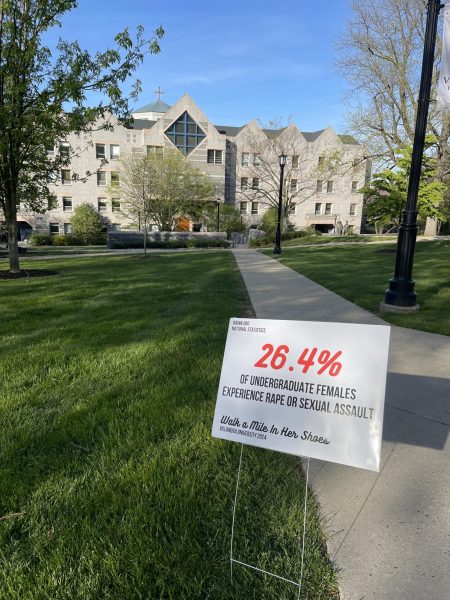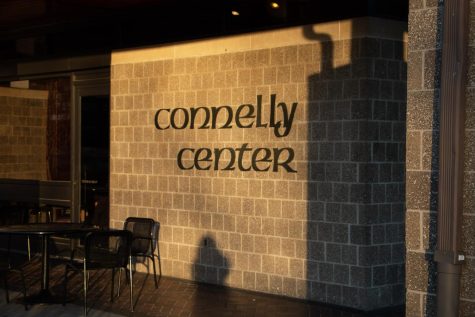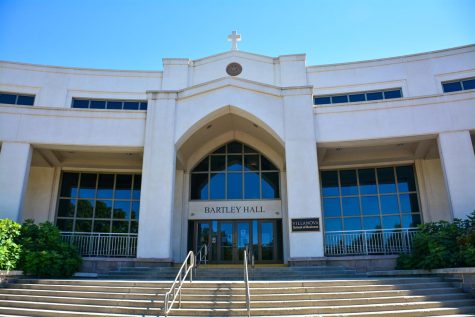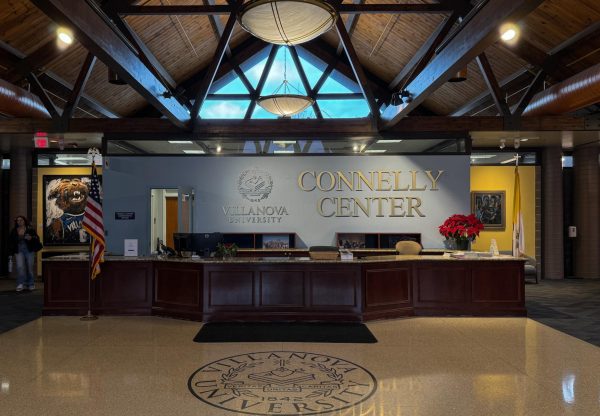Regarding Oscar Abello’s column “A Voice for the Voiceless”
September 27, 2005
A Voice for the Lobbyists?
To the Editor: In Oscar Abello’s “A Voice for the Voiceless,” he claims that Senator Harry Reid is opposing the confirmation of Judge John Roberts because he “is voting his conscience.” However, Senator Reid himself has suggested a different motive for his decision. The “New York Times” reported on Sept. 21 that “Mr. Reid…said he was ‘very swayed’ by the civil rights and women’s rights leaders who testified Thursday in opposition to the nomination – and with whom Mr. Reid met privately that same day,” in an article entitled “Top Democrat Says He’ll Vote No on Roberts.”
Nowhere in Abello’s column does he list any reasons explaining how Reid’s choice is conscience driven. He does not cite why Reid is choosing to vote against Roberts or the “honest disagreements” the Democrats have with Roberts. But, based on Reid’s own comment in the “New York Times,” it looks like Reid made his judgment based on the political motives of liberal lobbyists with whom he held private meetings. Is that voting with his conscience or pandering to special interest groups?
Reid says he was “very swayed” by the opinion of the lobbyists. And these lobbyists in particular are the ones who contribute money to help elect Democrats such as Reid. The “New York Times” says in that same article that “Liberal advocacy groups, who raise millions of dollars to support Democratic candidates and who have been putting intense pressure on Democrats to oppose the nomination, were elated.” Kowtowing to lobbyists does not count as voting his conscience.
Abello even writes in his own article that Reid’s opposition to Roberts “might win over more people than he loses,” inferring that there may be some ulterior motives at work, such as appealing to the Democratic base, in his decision rather than just conscience. No one can truly know whether or not Reid voted with his conscience but ideally, shouldn’t he always? Shouldn’t he and all our politicians do what they feel is right? Abello says that Democrats have “the rare liberty of voting their conscience” in opposing Roberts. But why is this a “rare” opportunity? Is he suggesting that Democrats do not normally vote with their conscience as a factor in their decision making process? Hopefully not.
Reid and all senators have every right to oppose Roberts for whatever reasons they see fit. It is the senate’s job to make sure that the most qualified person takes the Chief Justice’s seat. But Reid’s dissent does not make him more morally just than his counterparts who will vote to confirm Roberts.
Elizabeth Narrigan Class of ’06












